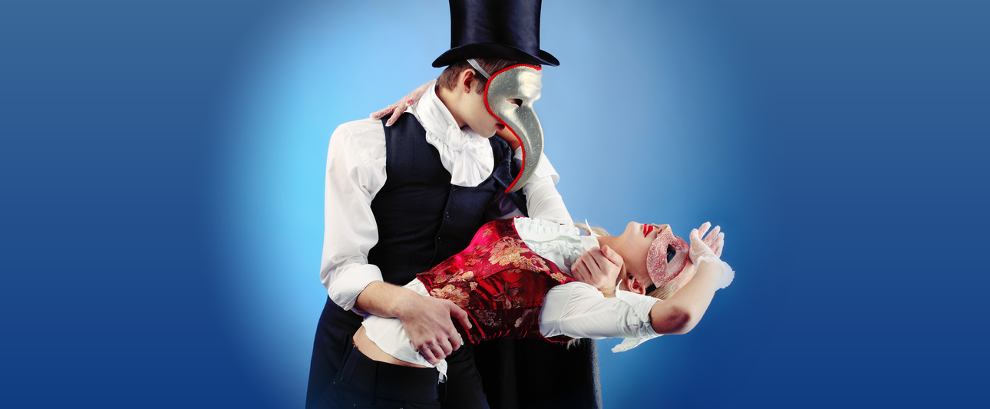
One thing is certain – human relationships are a complicated maze that has no entry or exit signs. It’s as if we start a relationship with our eyes closed, groping our way to the entrance of the maze but without a clear vision. We have no map or knowledge of how long it will take us to reach the point of “living happily ever after”.
There are some couples that accept the challenges, but there are also those who prefer to play it “safe”, or even leave when it starts to get hard just to end up in the same place in their next relationship. This becomes a way of avoiding the difficult situations or solving the serious problems that have become part of their relationships and indeed which are part of all relationships.
Eric Berne, who first developed game theory, defines games as “…an ongoing series of complementary, ulterior transactions progressing to a well-defined predictable outcome.”
What Are the Games People Play?
My experience with couples and their problems shows how important this question is. Becoming aware of them is part of the solution. I would like to share with you a short story to show you to what extent a couple unconsciously plays games that is being advanced as each day passes. You will see how this can affect the interrelations at the very core of the relationship and not for the better.
In fact, because of their subconscious script beliefs, two people who are in a game actually agree, subconsciously at least, on what its outcome will be. It will be “well-defined” and “predictable” even while one person’s game may be totally different from the other. It may even be that they are actually playing two sides of the same game such as in the games “Why don’t you …” or “Yes but …” Not only that, but even those who observe the game may be totally unaware that one is being played.
Vanessa and Mark – an Example of the Games People Play
I see many examples of this in my work but one example stands out clearly. Vanessa and Mark were in a counselling session with me. It was still early in their therapy and I was sharing some thoughts I had about what they might be experiencing in their relationship.
They both sat attentively and listened to what I had to say and responded in a positive way to my observations. We concluded the session and went to make another time. Vanessa was eager but Mark asked if they could take away what we had discussed and come back to make a time with me later. We left it at that and said “goodbye”.
The following day Vanessa rang to say that after they had left the session Mark had become sullen and moody. She said that she had sensed something going on for him in the session but was not sure what that was. Afterwards however he became verbally very aggressive saying that Vanessa was responsible for all that was going wrong in their relationship and that she should be coming to therapy on her own to sort it out. This left Vanessa again questioning herself as she had done so many times before.
What we are witnessing here is the difference between what is presented at a social level, paying attention to me, and what is going on at a subconscious level. For both Mark and Vanessa this is what differentiates a game from a truthful communication.
For Mark he was most likely attempting to make Vanessa responsible for the angst between them and Vanessa was possibly accepting that responsibility given that she did not confront it clearly. All this was going on while they were acknowledging what I was saying and while underneath not actually buying one word of it.
I hope this gives you a better understanding of how the games people play in their relationships manifest themselves. This example clearly shows how the two partners unconsciously play their games urged on by the desire to confirm the correctness of their own script regardless of what they may even have understood consciously.
In other words, a game is a series of communications with a hidden agenda, played outside of conscious awareness to the individuals in the game, with a psychological intention that goes far deeper than how it might appear on the surface.
I am looking forward to your comments on the topic of Games People Play. Have there been any moments in your relationship when you have realized that you may have actually been playing games? Have you noticed the games your partner plays and how you respond to that with your own?
To the wonder of you,











Leave a reply